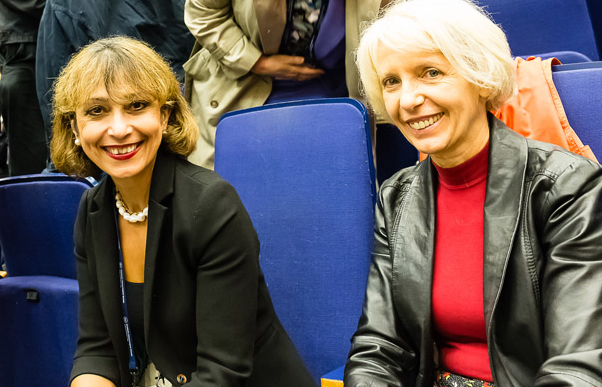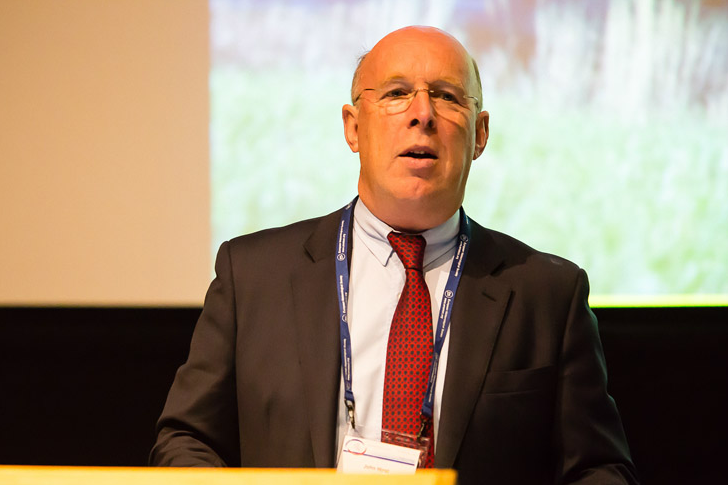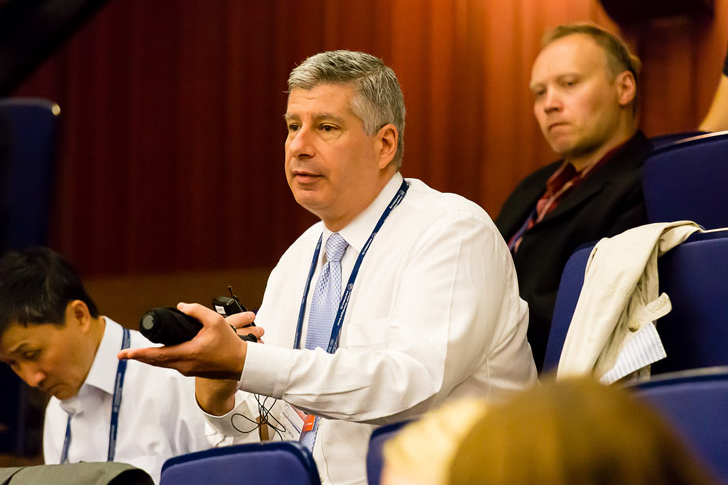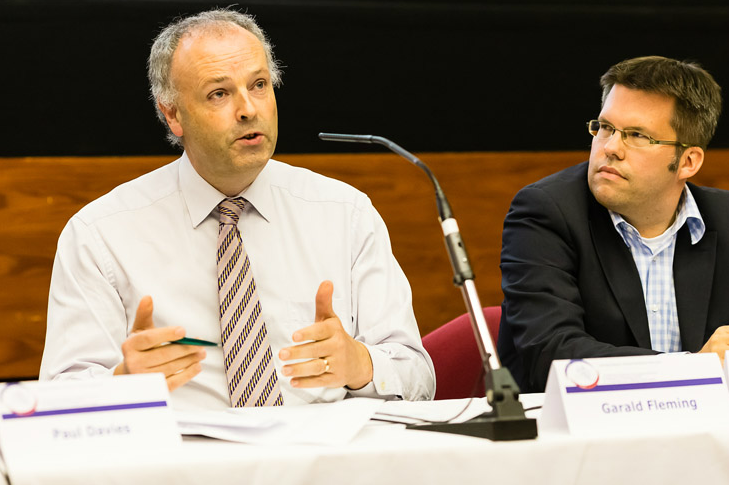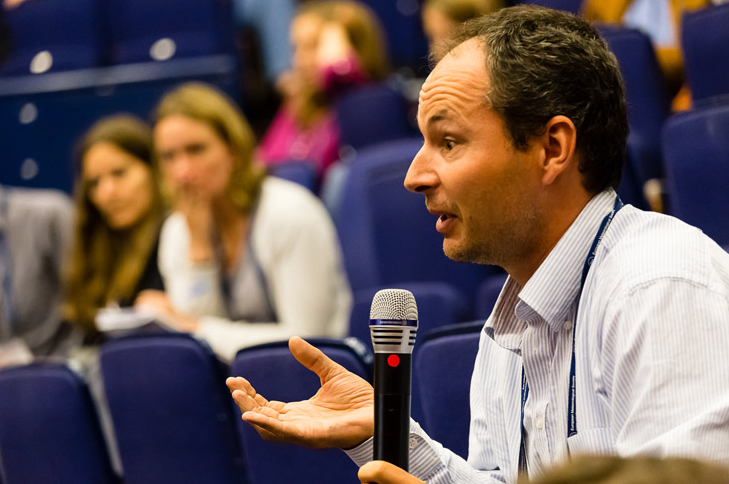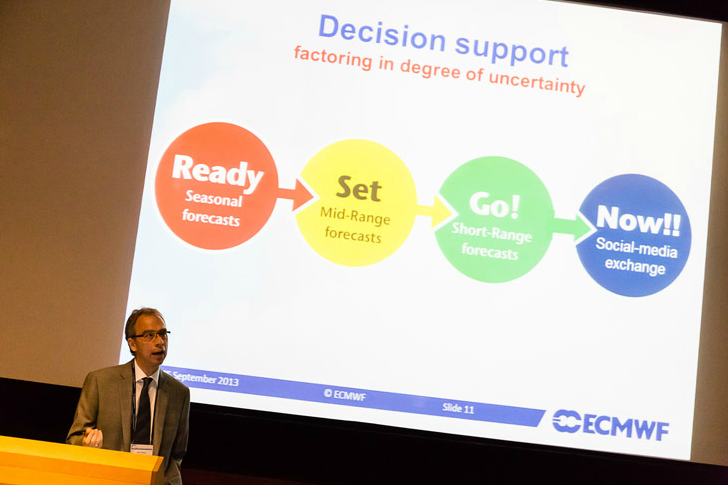IPCC AR5 WGI Note / Bjorn Lomborg continues to present evidence of obtuse perspectives based on cherry picking the evidence base. / EMS/ECAM Meeting/Conference Reading, U.K.

EMS 2013
IPCC AR5 WGI Released at the End of September
OSS will feature IPCC AR5 in the October issue of the Leading Edge. The graphics associated with the AR5 WGI report are expected to be released before the end of October.
Bjorn Lomborg continues to cherry pick the evidence base.
In a new article in the Washington Post called ‘Don’t blame climate change for extreme weather’ Bjorn continues to miss relevant points. One might say he has taken a psuedo-denialist position on climate change. Now that the government of Denmark has removed funding from his organization one wonders who is funding his skepticism these days or if he is now handling that based on his ‘controversy value’ achieved by placing his argument in areas where it is partially true based on a limited scope evaluation of the argument and incorrect or irrelevant context, based on either his ignorance or misunderstanding of relevant studies and evidence, or his inability to understand the reality of the evidence available.
Based on the evidence his opinions should not be trusted regarding climate change and the economy for public understanding.
In Bjorn’s latest misconstruction of facts we see how he misses relevance and cherry picks statements to make his case using non sequitur arguments to support his misunderstanding.
Bjorn: “The total impact is likely to be less than 0.1 percent of global economic output.”
R.J. Nicholls, of who is one of the author’s of the paper Lomborg cites (out of context) gives context to the statements Lomborg is asserting:
“…just reporting the numbers is simplifying a complex message.”
However, it is more important to note that Lomborg’s cherry picking excludes too many factors to support his statements. This is similar to other scientists that have made claims that exceed the scope of the research. The Svensmark example comes to mind.
Beyond that Lomborg also has chosen a paper that examines a low impact scenario, whereas the best science available is for higher levels of sea level rise than considered in Lomborg’s example.
It is easy to say not all the impacts from global warming will be bad. But without relevant context that statement is as misleading as any other misinformation that exists that is unsupportable by evidence or reason.
Summary
I could continue and take apart all his points, and maybe I will at some point, but in general facts out of context just are not intelligent. From that perspective one wonders why any one is still listening to Bjorn Lomborg?
Remarks from Nicholls:
“I think that this quote (from Lomborg) understates the impacts as our analysis reflects only coastal zones, considers quite small SLR scenarios, and as we state clearly in the discussion it is an incomplete analysis. It is also dependent As the quote is linked to a paragraph which also discusses drought — this may also be misinterpreted that we talk about drought and sea level rise. My earlier email gave a lot more relevant information.”
and
“Anthoff, David, Nicholls, Robert J. and Tol, Richard S.J. (2010) The economic impact of substantial sea-level rise.<https://eprints.soton.ac.uk/181657/> Mitigation and Adaptation Strategies for Global Change, 15, (4), 321-335. (doi:10.1007/s11027-010-9220-7<https://dx.doi.org/10.1007/s11027-010-9220-7>). This shows higher costs than the earlier paper — not surprisingly — and again includes a nuanced discussion which interprets the insights from the work and points a number of caveats and hence questions for further research. Hence just reporting the numbers is simplifying a complex message.
and
On the other hand, our results do suggest lower costs than are widely reported and emphasize the great potential benefits of adaptation and protection in particular in reducing costs (see for example the recent Hallegatte et al 2013 paper on flooding in coastal cities in Nature Climate Change ). The barriers to such adaptation and the factors that contribute to success or failure remains an important research question which we continue to investigate.”
For context on this last statement one needs to understand that the SLR assessment also does not include a multitude of other impacts that will also be affecting various economies.
For example: With a more acidic ocean many extinctions are expected and the structure of the food web in the ocean will be significantly altered. On the positive side, if you can call it that, more jelly fish are expected along with more sharks as these animals may thrive in a more acidic ocean.
The more interesting issue are the impacts for crops. Agriculture is expected to suffer from the increasing number of days where crop thermal limits are exceed with will significantly impact yield production.
EMS/ECAM Meeting/Conference Reading, U.K.
The EMS/ECAM was held between Sept. 9th and 13th. The gathering is interesting because it brings together the weather and climate communities in sessions and discussion panels. Through this integration it is apparent that both communities are benefiting from the interchange by learning and growing in understanding of the weather/climate interface.
Adaptation/Mitigation on Sale Now!!!
One interesting message that was heard at the conference was that climate mitigation and adaptation are on sale now, however they will become increasingly more expensive in the future.
‘Known Unknowns’ and ‘Unknown Knowns’
In honor of Donal Rumsfeld’s famous ‘unknown unknowns’ speech a speaker (I think this was Gerald Fleming) discussed the consequences of known unknowns and unknown knowns giving context to the ability of important aspects of science that are accepted science that non scientists don’t understand. The issue generally is that what scientists have in their foundational thought is largely unknown to an audience that one might be addressing. There was a lot more to the talk though and it was very interesting as exemplified by the packed room.
Summary & Images From Meeting:
The 2013 EMS/ECAM was yet another wonderful opportunity for scientists and professionals to come together and discuss difficult issues and share new understanding. It’s amazing how useful the free flow of ideas and topical presentations can be to furthering our ability to learn and communicate the complexities involved in weather and climate science.
Photographer: Jon Bradley
Haleh Kootval, WMO; Tanja Cegnar, Slovenian Environment Agency
Award Winner

